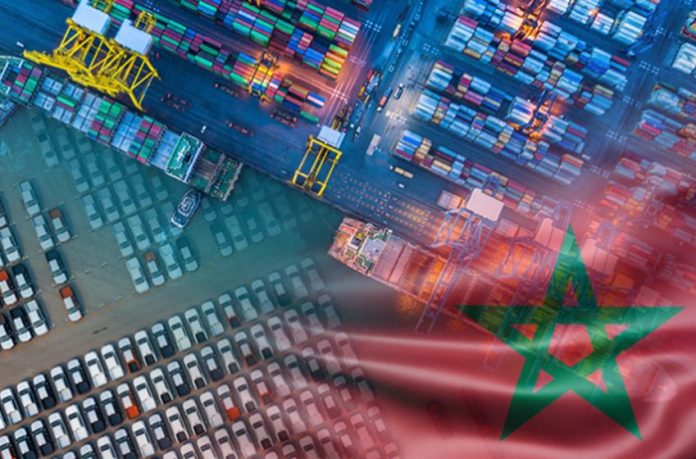Morocco is doubling down on investment as a cornerstone of its national development strategy. In a recent plenary session before the House of Councillors, several government ministers outlined the steps their departments are taking to stimulate economic growth and expand job opportunities—especially for young people. The session marked the government’s annual review of public policies in these critical areas, with each minister detailing the tools being activated in their respective sectors, from vocational training and research to infrastructure and funding. Across the board, they reaffirmed their commitment to implementing the recommendations presented in the latest parliamentary report.
One of the clearest signs of momentum is in the construction and public works sector, which has rebounded sharply. In 2024, it accounted for 6% of Morocco’s GDP, with value added growing nearly 7% in the third quarter—up from less than 1% a year earlier. According to Infrastructure and Water Minister Nizar Baraka, nearly 13,000 net jobs were created in the sector. His remarks were delivered by Industry and Trade Minister Ryad Mezzour.
Public tenders reflect the scale of this recovery. Over 4,000 contracts were issued, amounting to more than 47 billion dirhams, largely for infrastructure projects. Looking ahead, the 2025 budget allocates 70 billion dirhams for work on roads, ports, and water systems. The ministry also plans to introduce social requirements into public contracts, obligating winning firms to hire at least 20% of their workforce locally and to regularly report on their compliance.
Younes Sekkouri, Minister of Employment and Small Business, emphasized the need for tighter coordination across ministries to ensure investment translates into stable jobs. He noted that the interministerial committee on employment—reinstated over a year ago—is now setting sector-specific employment targets. Among current initiatives is a million-dirham program for work-study training, which aims to reach 100,000 beneficiaries annually. Additional efforts are underway to reduce school dropout rates and strengthen career pathways, in close cooperation with the Education and Higher Education Ministries.
Industry and Trade Minister Ryad Mezzour highlighted the country’s progress in industrial innovation. His department is currently supporting 150 projects under the national innovation support program. He also pointed to the rapid growth of e-commerce, which has helped over 67,000 merchants scale up their businesses. Another area of progress: gender equity. Women now make up 42% of the industrial workforce, and their presence is growing significantly among engineering graduates.
Karim Zidane, the Delegate Minister for Investment, stressed the importance of making private investment a driving force of Morocco’s development model. He framed it as a vital lever for both social equity and regional balance, pointing to the October 2022 royal address as a turning point. That speech laid out a clear call to create an investment-friendly environment for both domestic and foreign players.
Finally, Higher Education Minister Azzedine El Midaoui introduced the 2025–2027 employment roadmap, which includes new university programs aligned with labor market needs. Some of these new tracks include English-language modules starting at the master’s level. Expanding the variety of learning formats—such as work-study programs, remote learning, and continuing education—is also a key part of the reform agenda.
